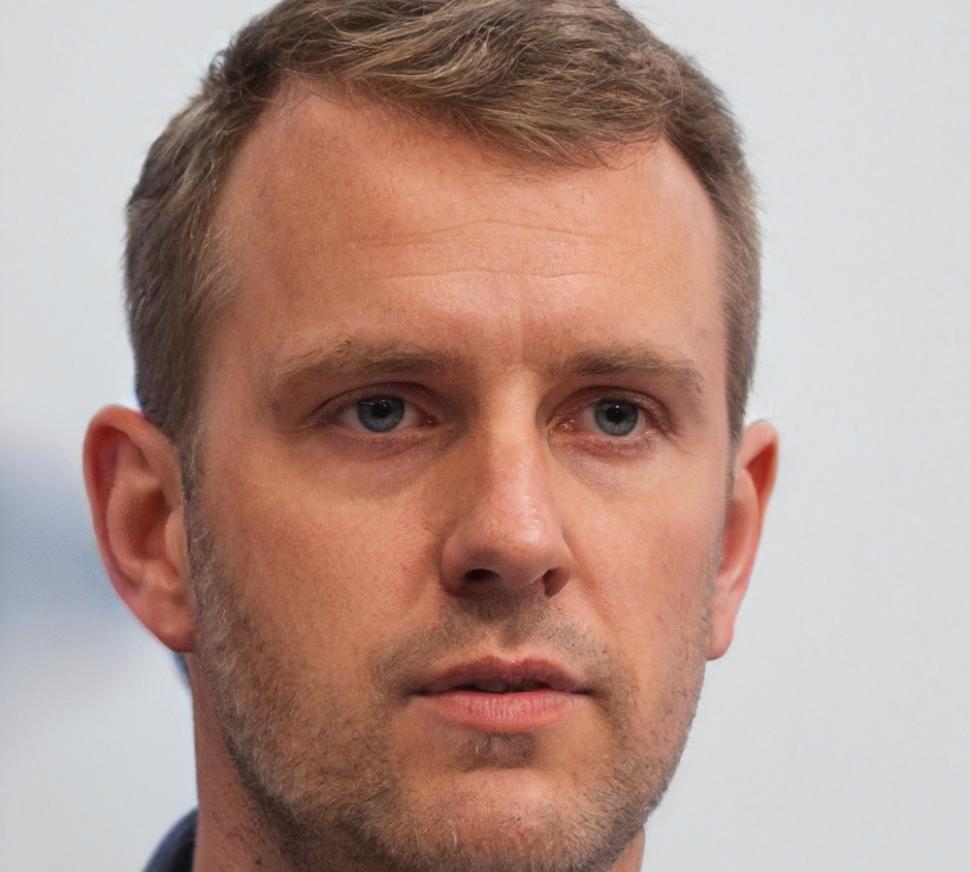Essential Foundations for 3D Game Development
Master the fundamental skills and mindset needed before diving into professional 3D asset integration. Your journey starts with understanding what makes successful game developers stand out.

Understanding Your Creative Foundation
Before you start any technical training, we need to be honest about what this field actually requires. Game development isn't just about learning software – it's about developing spatial thinking and problem-solving skills that many people find challenging at first. We've seen students struggle because they jumped into advanced techniques without building these mental frameworks first. Think of it like learning to paint without understanding color theory. Sure, you can copy tutorials, but you won't understand why certain combinations work and others don't.
Technical Prerequisites That Actually Matter
Most programs tell you that you need a powerful computer and specific software. That's partially true, but what they don't mention is the learning curve for understanding 3D space itself. We require students to complete basic spatial reasoning exercises before enrollment because we've learned that technical skills mean nothing if you can't visualize how objects relate to each other in three dimensions. This isn't about being naturally gifted – it's about developing these skills systematically. Some students pick this up quickly, others need more practice, and that's completely normal.
The Reality Check We Give Every Student
Here's what most education programs won't tell you: about 30% of students realize during the first month that this field isn't what they expected. Game development involves a lot of technical problem-solving, attention to detail, and patience with repetitive tasks. We've had students who were excited about creating fantasy worlds but got frustrated with UV mapping and texture optimization. That's why we now require a two-week trial period where you work on actual asset preparation tasks, not just creative exercises.
Skills Assessment vs. Creative Passion
We separate students into two tracks based on their initial assessment, not their enthusiasm level. Creative passion is important, but it won't help you debug mesh topology issues or optimize asset performance for different platforms.
- Mathematical reasoning for 3D transformations and scaling
- Patience for iterative problem-solving processes
- Detail orientation for quality assurance tasks
- Communication skills for team collaboration
- Time management for project deadline reality

Your Pre-Program Preparation Timeline
Complete these steps before our September 2025 intake opens. This preparation period determines your success rate in the actual program.
Technical Setup
Configure your development environment and complete hardware compatibility testing. This takes most students 2-3 weeks to get right.
Foundation Skills
Complete our spatial reasoning and basic 3D concepts course. About 40% of applicants need to repeat sections of this.
Reality Assessment
Two-week trial period working on actual game development tasks. This is where you'll know if this field suits you.

Our preparation program starts in March 2025. Students who complete it have an 85% completion rate in the main program, compared to 45% for those who skip preparation.
View Full Learning Program Details